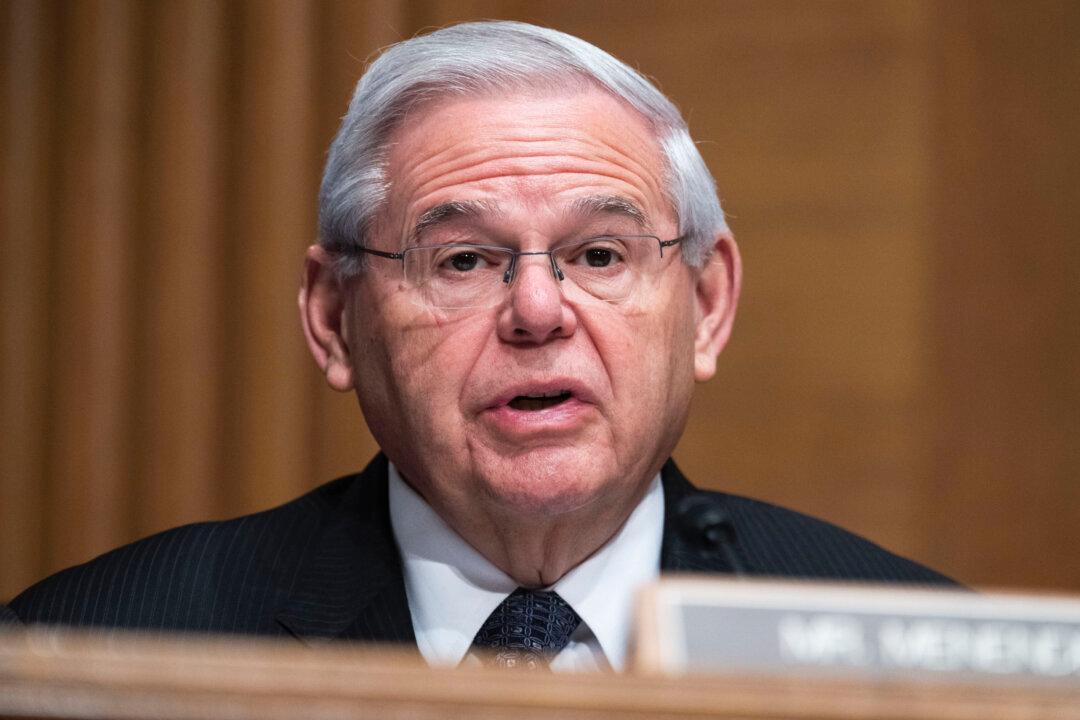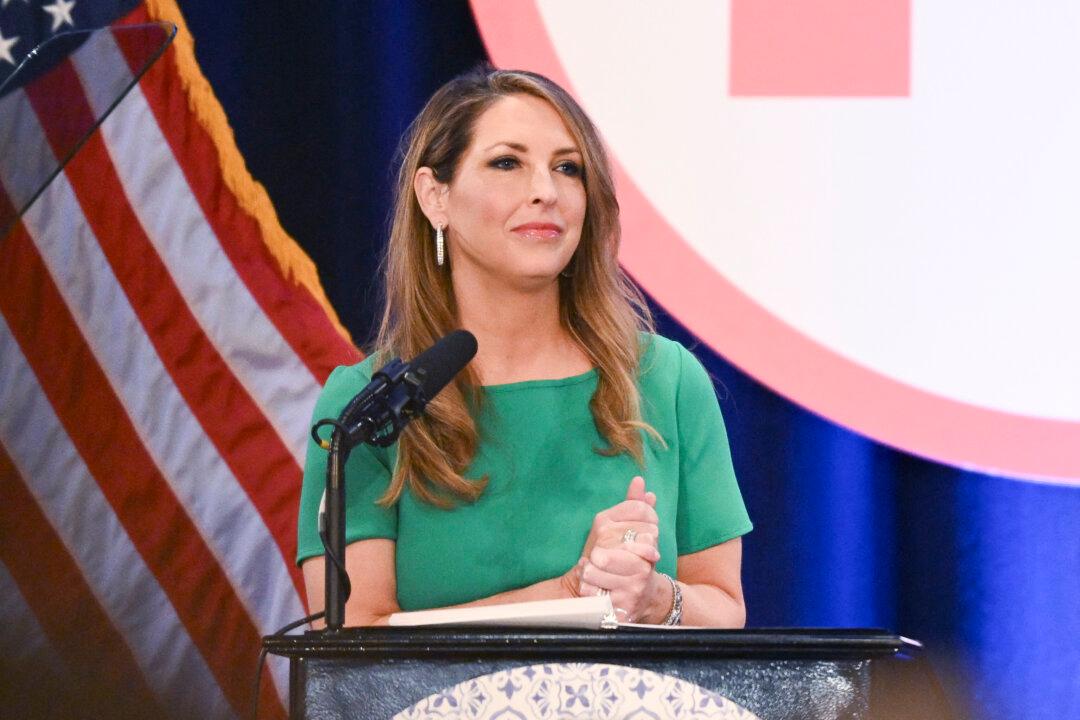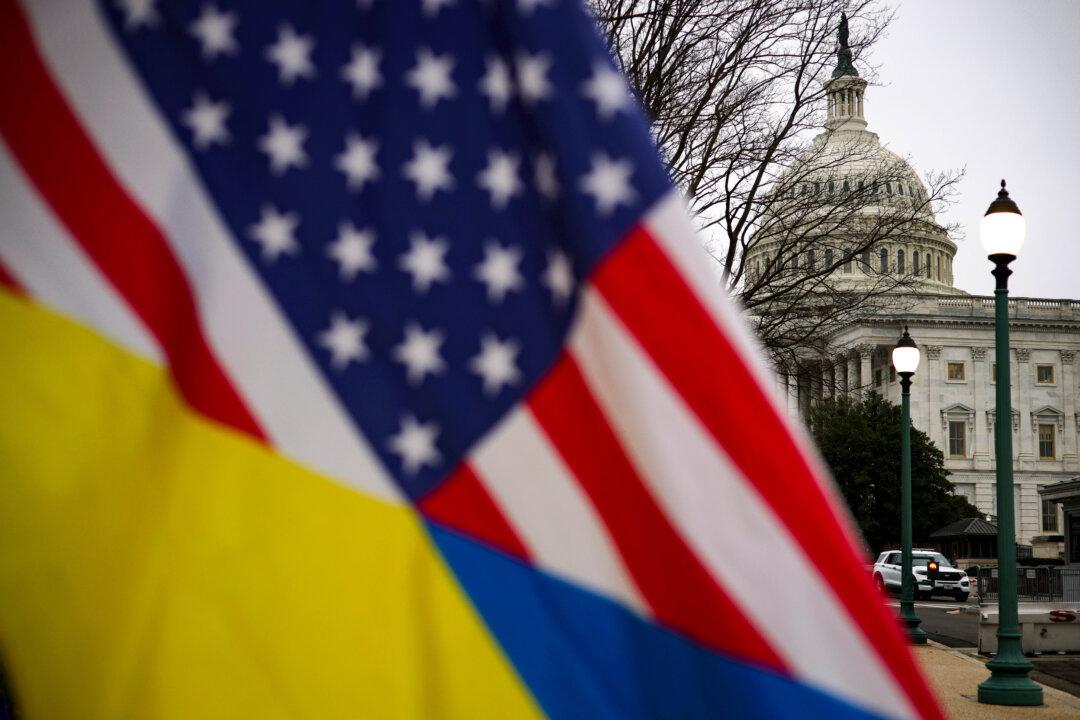The Biden administration announced that it would be lifting some restrictions on Cuban travel and remittances, drawing criticism from the Senate Foreign Relations chairperson.
“As the Diaz-Canel regime continues its ruthless persecution of countless Cubans from all walks of life for their participation in last year’s pro-democracy uprising, today’s announcement risks sending the wrong message to the wrong people, at the wrong time and for all the wrong reasons,” Sen. Bob Menendez (D-N.J.) said Tuesday in a statement.





